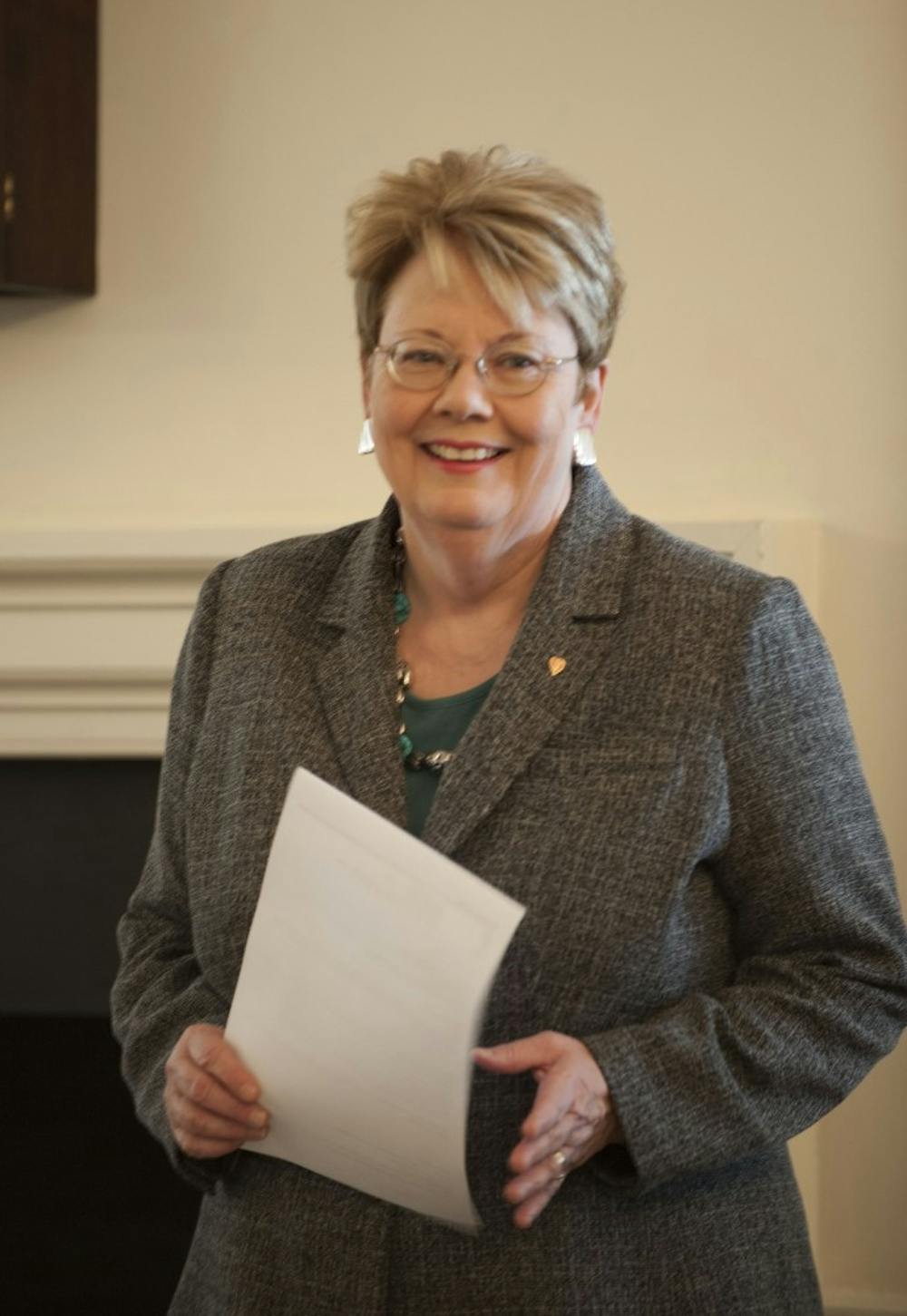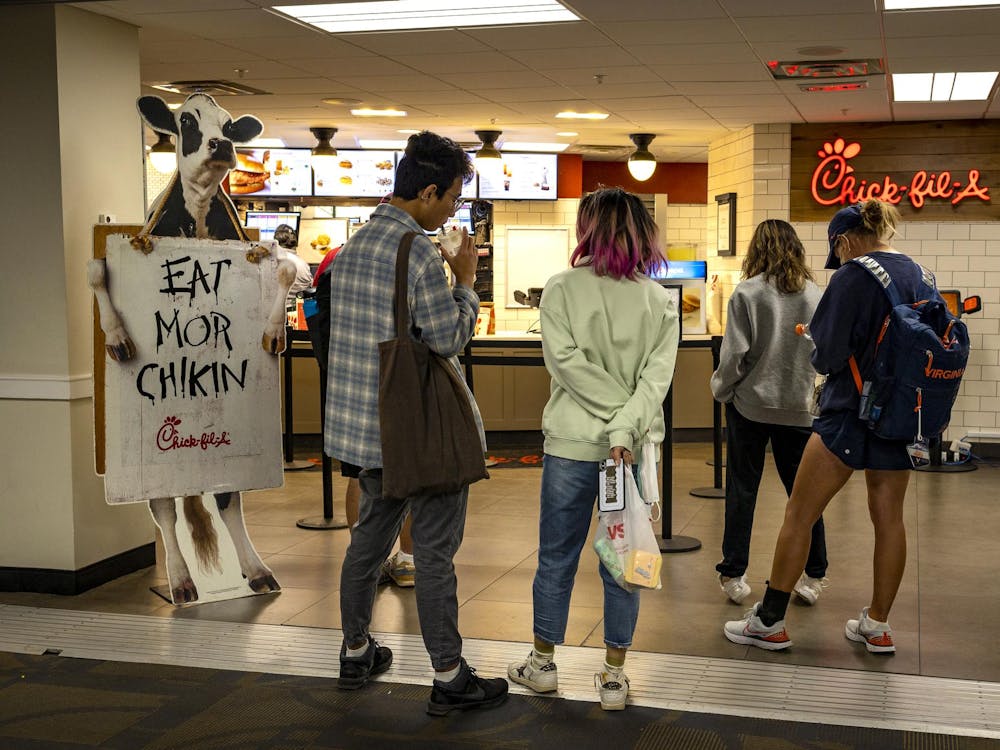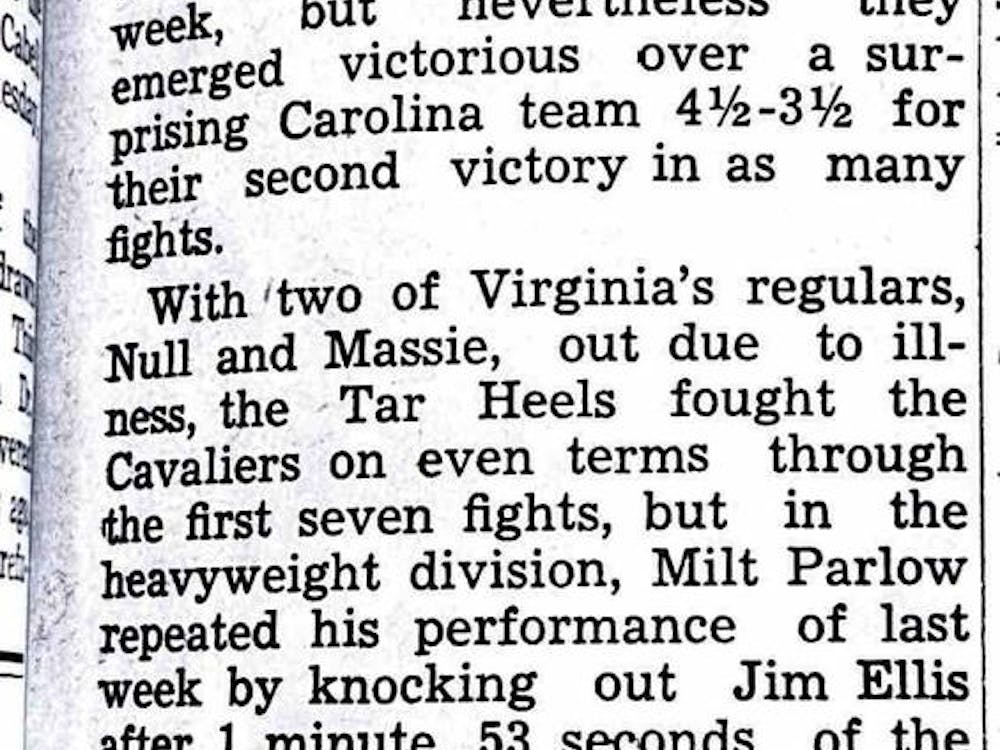University President Teresa Sullivan addressed free speech on college campuses and the role leaders in higher education play in protecting First Amendment rights in a keynote speech at the 99th annual American Council on Education conference in Washington, D.C. on March 12.
Almost 2,000 university presidents, deans and other academic leaders attended the annual meeting, which aims to discuss pressing issues facing higher education today. Sullivan gave the keynote address at the Robert H. Atwell Plenary Session.
“President Sullivan was honored to have delivered the Atwell Lecture at the annual conference of the American Council on Education,” University spokesperson Anthony de Bruyn said in an email to The Cavalier Daily.
The plenary session asked attendees “to deeply reflect on their leadership styles, and attendees will likely relate to at least one of Sullivan’s challenges on their own campus,” according to the event’s website.
In her address entitled, “When the Middle Ground is the High Ground: Free Speech and the University,” Sullivan examined recent free speech controversies on college campuses across the country and defended the need for free speech in order to promote cultural awareness and tolerance.
“If we protect college students today from opposing views and diverse perspectives through ‘speech codes’ or other restrictions on free expression, we do them a great disservice, because we’re leaving them unprepared for the intellectual and social fray that they will enter the moment they step off our campuses,” Sullivan said.
Sullivan directly addressed the heightening intensity of the free speech debate, citing examples from Texas Tech, Williams College and Kean University.
She also mentioned recent controversies from this year, specifically University of California, Berkeley officials’ cancellation of a talk by Breitbart News editor Milo Yiannopoulos after violent demonstrations leading up to the event. She also noted that at Middlebury College earlier this month, students shouted down Charles Murray, a writer accused of holding racist views, as he gave a public lecture. The lecture was cut short in response to the disruptive protests, and a Berkeley faculty moderator was injured by protesters as she and Murray were exiting the room.
Sullivan decried the recent attacks, and expressed alarm at individual colleges’ policy attempts to limit potentially offensive speech.
“We need to remember, and we need to remind our students, that the First Amendment protects all speech — unless it includes threats of physical violence — and this includes speech that some may consider intolerant and offensive,” Sullivan said.
Throughout her speech, Sullivan referenced the principles upon which Thomas Jefferson founded the University, including “the illimitable freedom of the human mind” and the need to combat errors with reason.
Sullivan also discussed Jefferson in the context of the faculty letter against the use of Jefferson quotes in emails meant to console the University community, namely her post-election email.
"In response, about 500 U.Va. faculty and students sent me a letter asking me to stop quoting Thomas Jefferson in my messages to the University community,” Sullivan said in her address. “They criticized me for using Jefferson as a ‘moral compass,’ noting his involvement in slavery during his lifetime."
Following the criticism, Sullivan defended her choice to use a Jefferson quote by saying Jefferson’s words, although contradictory in his time, have become more applicable towards real equality in the modern day context.
“Quoting Jefferson — or any historical figure — does not imply an endorsement of all the social structures and beliefs of his time,” she said last November.
“For those faculty and students, I made it clear that I disagreed with their argument,” Sullivan said in her speech at the plenary session. “At the same time, however, I said that I ‘fully endorsed’ their right to speak out on issues they care about, including U.Va.’s complicated Jeffersonian legacy.”
According to Sullivan, the university leaders in attendance should stand in defense of all free speech.
“As leaders in higher education, when free expression seems to be under attack from all sides of the political spectrum, we can set the right example by standing in the middle ground to defend it on all sides,” Sullivan said.
The American Council on Education conference began March 11 and concluded March 14.
“We were privileged to have President Sullivan deliver this year’s Atwell lecture," Jonathan Riskind, Assistant Vice President for the American Council on Education, said in an email to The Cavalier Daily on Thursday. "The Robert H. Atwell Plenary, named by the ACE Board of Directors for the former ACE president who served from 1984-96, is steeped in a history of thought-provoking talks by national higher education leaders, and President Sullivan’s address was very much in that distinguished tradition.”
Campus free speech has become a topic of interest at the state level, with a bill concerning the increasingly contentious issue passing the General Assembly last month. Intended to protect First Amendment rights, the proposed law prohibits limitations on free speech on college campuses. Although the bill is largely supported, some opponents view it as unnecessary, and even as a potential invitation to hate speech on campuses. Gov. Terry McAuliffe (D) has yet to take any action on the bill.
This article has been updated with a comment from Jonathan Riskind.






